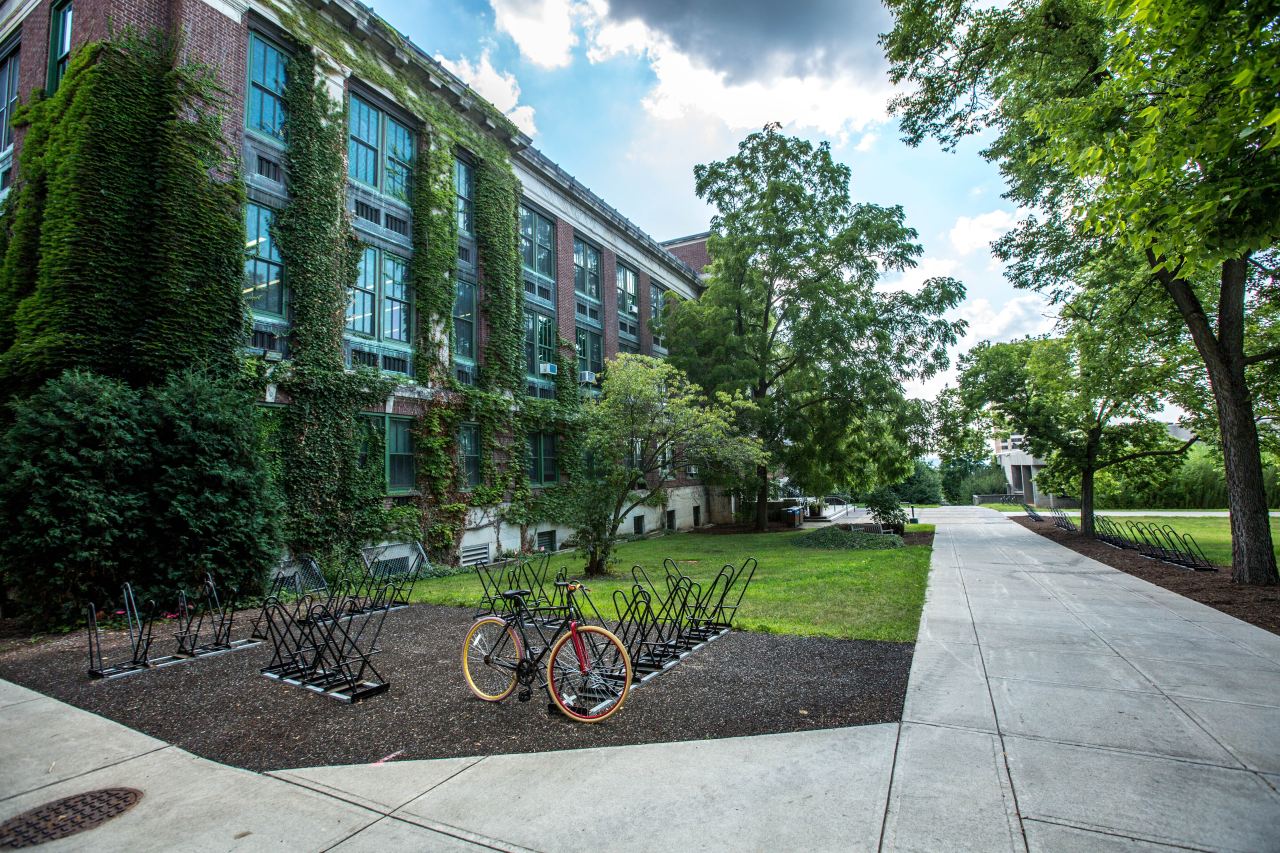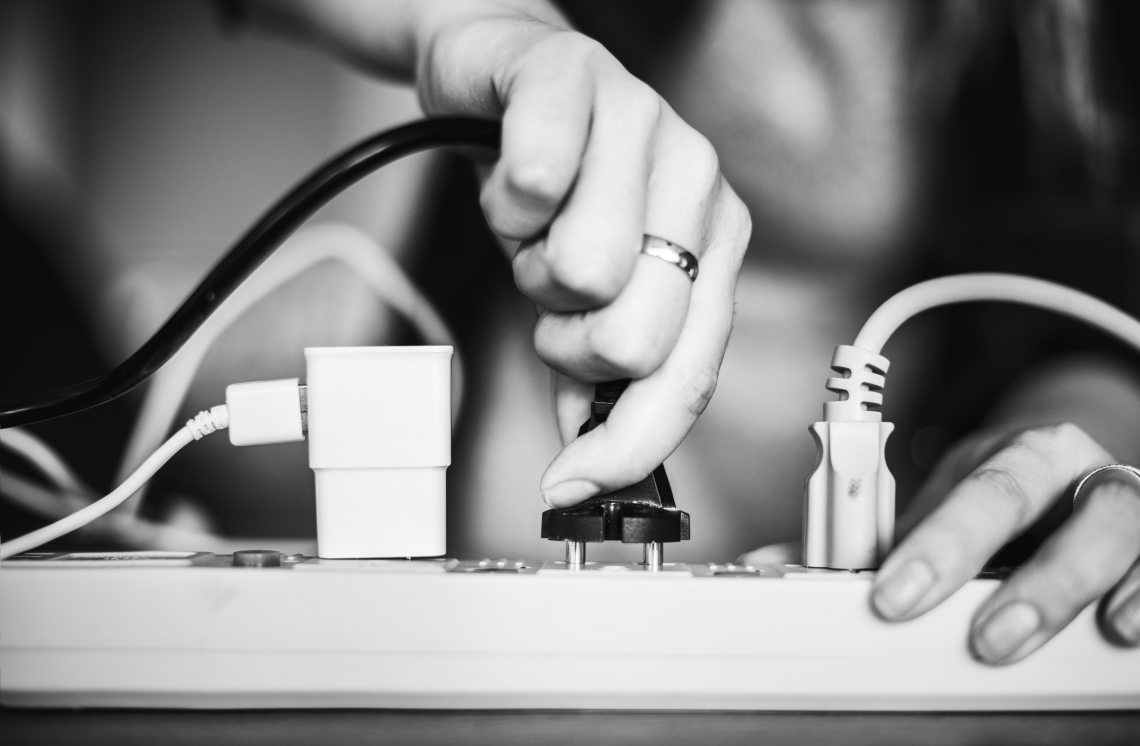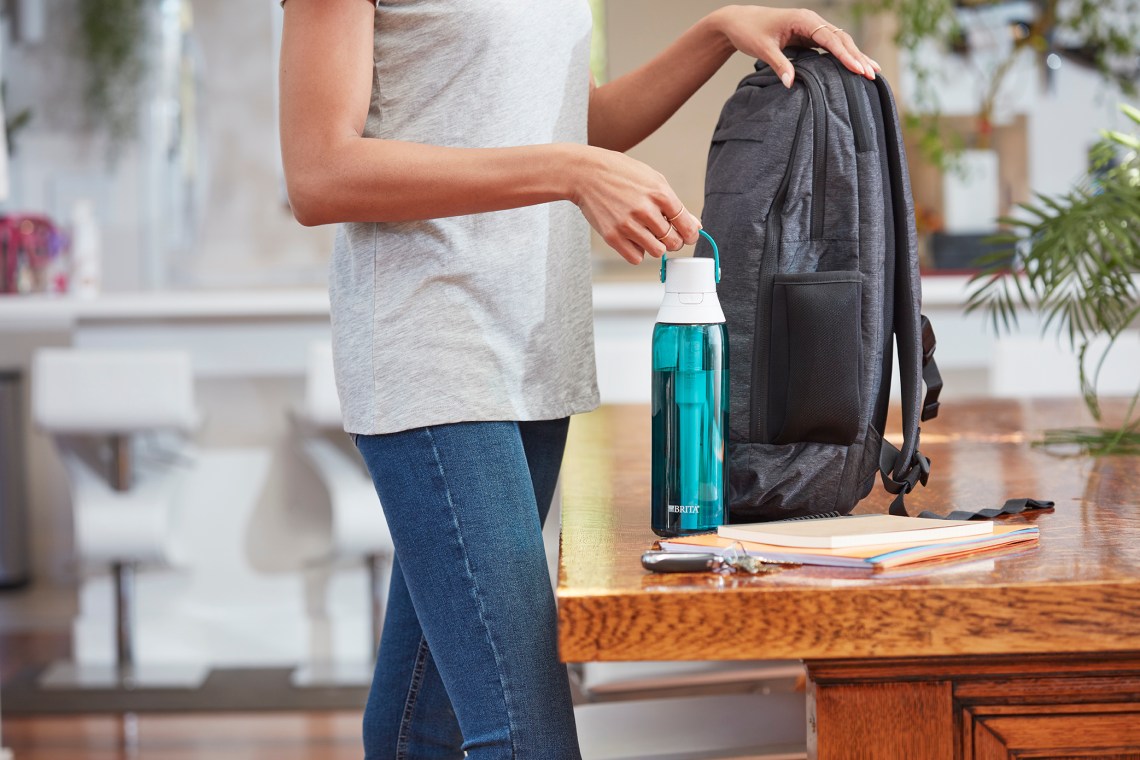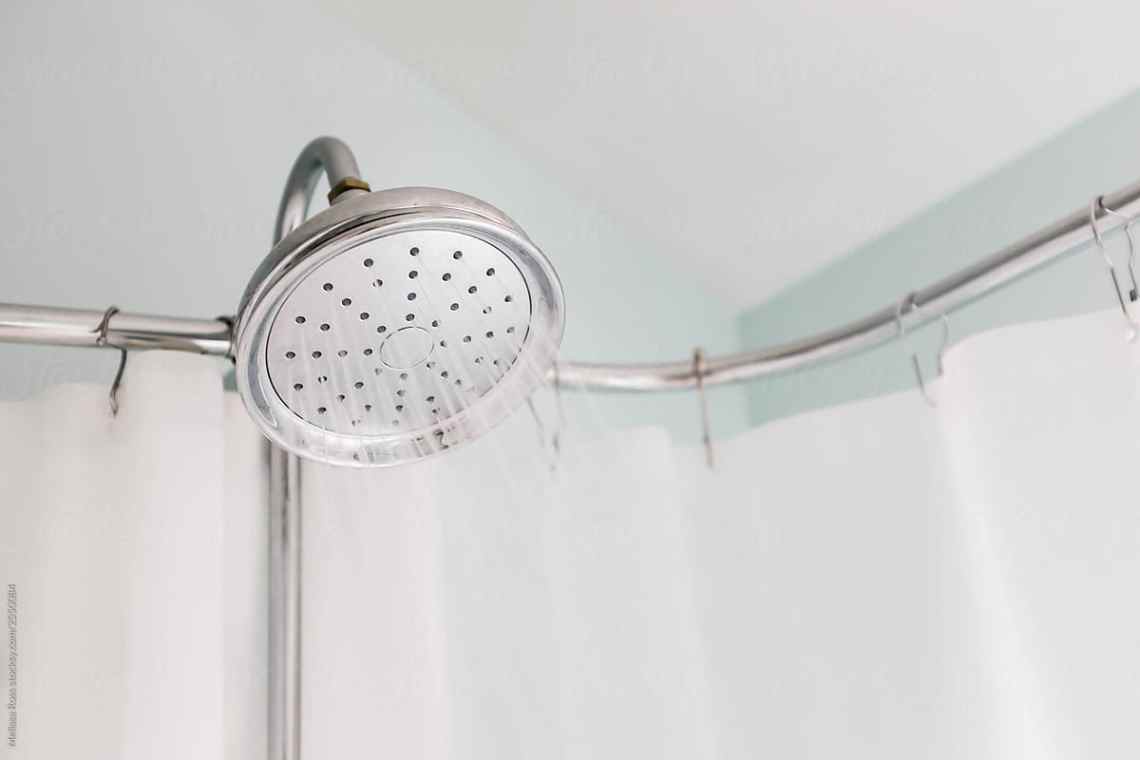
7 Practical Ways To Be More Eco-Friendly As A College Student
Live all that is college life AND help the planet.

1. Unplug. But actually.
You know to switch off the lights when you leave your dorm room, but there are other surprising ways to save energy. One biggie: Get into the habit of unplugging electronics or appliances that aren’t in use — even when they’re switched off, they’re still draining electricity if they’re plugged in (surprise!). I use power strips with on/off switches to make this super easy. When you flip off the power strip, your computer and mini coffee maker are truly off, and not wasting all that precious juice.

2. Ditch disposable water bottles in favor of reusable swigs.
Quit buying single-use plastic water bottles and gulp from a reusable vessel instead. You’ll slash the amount of waste you produce–and save up to $1,450 this school year! Opt for a Brita Filtering Bottle to filter out funky tastes and odors (chlorine) and impurities (copper, cadmium and mercury) when you’re on the go. Back in your room, keep a mini-fridge friendly Brita Pitcher on hand to stay hydrated with great tasting water during a big study sesh. It comes in a slew of fun colors and has an electronic filter indicator to nudge you when it’s time for a change (because you have enough to keep track of!).

3. Learn about on-campus recycling programs.
Find out what recycling programs exist at your school and commit yourself to them! Set yourself up for success by learning about what can be recycled and where and keeping a separate container in your room for recycling (the same goes with composting). But take my advice, which I learned the hard way: If you’re lucky enough to have a composting program on campus, make sure you empty your container on the regular to keep funky smells and fruit flies in check!

4. Stick to reasonable portions + skip the tray.
Believe it or not, keeping a close eye on how much you pile on your plate in the dining hall is a great way to reduce your environmental impact. The buffet-style dining and trays found in most dining halls make it easy to grab more than you’ll actually eat, which can result in a lot of wasted food — and since food waste generates about 8% of global greenhouse gas emissions, making cuts where you can will really add up to a powerful difference. Skip the tray and try serving yourself what you’ll actually eat to start with, because you can always go back for seconds if you’re still hungry! And if you tend to grab a disposable plastic cup for water-on-the-go at the end of your meal, bring your Brita Filtering Water Bottle instead.

5. Turn off the tap.
Everyday activities like showering or brushing your teeth can use up a lot of water, and fast. While you may not have the power to install low-flow shower heads and other water-saving devices while you’re living in the dorm, you can still conserve water by making minor tweaks to your routine. Turning the tap off while you’re brushing your teeth or washing your face and shaving just a minute off your shower time can lead to big water savings. I also tend to turn the water off in the shower while I’m shampooing my hair or sudsing up — now I do it without even thinking!

6. Get on board with Meatless Mondays.
What you put on your plate matters. Countless studies have pointed to reducing meat and dairy products as one of the biggest ways you can lessen your environmental footprint. That means every meal is an opportunity to make an impact — which is pretty empowering if you think about it. At least one day a week (it doesn’t have to be Monday), try to eat vegetarian or vegan. Chances are, your dining hall has a lot of meatless options and if they don’t, make a request!

7. Take your friends with you for the ride.
A lot of small actions add up when multiplied by many people. Talk to your dorm floor, roommates and study partners about the changes you’re making and lead by example. When others see that you’re successfully making changes, they just might be inspired to make them too, especially if you keep the vibe positive rather than scoldy. If they need some extra encouragement, remind them of all the benefits they’ll get, too, like saving a few bucks along the way.











